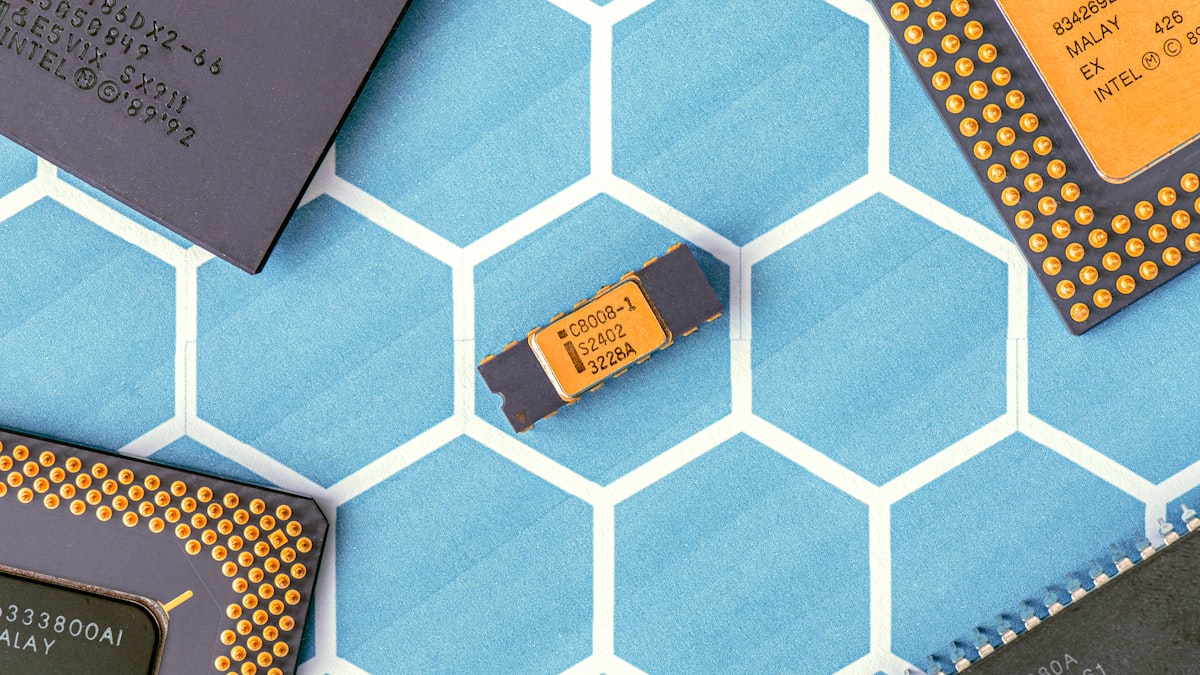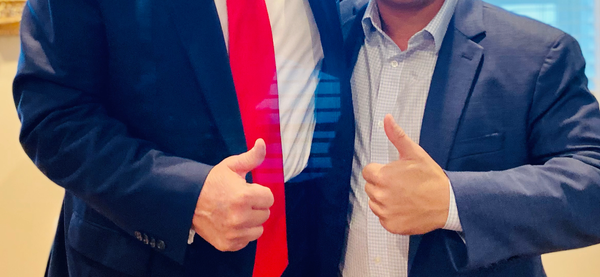The $12 billion everything machine
A government scramble to build the tiny electrical components that form the bedrock of modern life.

Full story: U.S. to give $1.5 billion for computer-chip plant, heating up global race
The U.S. government is churning out billions in subsidies for semiconductor factories, the mass producers of modern society's little digital brains:
The decades-long decline in U.S. chip manufacturing, as companies pursued lower costs overseas, has fueled concern in Washington over the nation’s supply chain for the tiny electrical components that form the bedrock of modern life.
Traditional semiconductors, known as legacy chips, are used in essentially all modern electronics, from phones and computers to refrigerators and washing machines. More-advanced chips are expected to power state-of-the-art weapons systems and the next generation of artificial intelligence software.
In other news
- TikTok stopped sharing how many times all of the videos with a certain hashtag had been viewed. It was one of the few data points researchers could use to study the app, and critics often cited it to highlight out how many more views pro-Palestinian videos got than pro-Israel videos during the war. Then it disappeared. A common tactic of modern tech giants: “The more problems there are, the tighter the curtain gets closed."
- The Trump company that owns Truth Social gets a merger green light. A finance professor said Trump will get a windfall in “paper wealth … with the emphasis on ‘paper,’" because he suspects the hype around the money-losing company could die down by the time Trump can offload his shares. "Classic meme stock," he said.
More chips
A couple great stories on the fascinating financial, engineering and sociopolitical issues at play in the multibillion-dollar American chip race:
- Jeanne Whalen in WaPo: "Welcome to Silicon Desert: How Biden helped boost an Arizona boomtown."
- Don Clark and Ana Swanson in NYT: "Progress at the Arizona site partly depends on “how much incentives that the U.S. government can provide.'"
Thanks for reading. Let's talk: [email protected].




